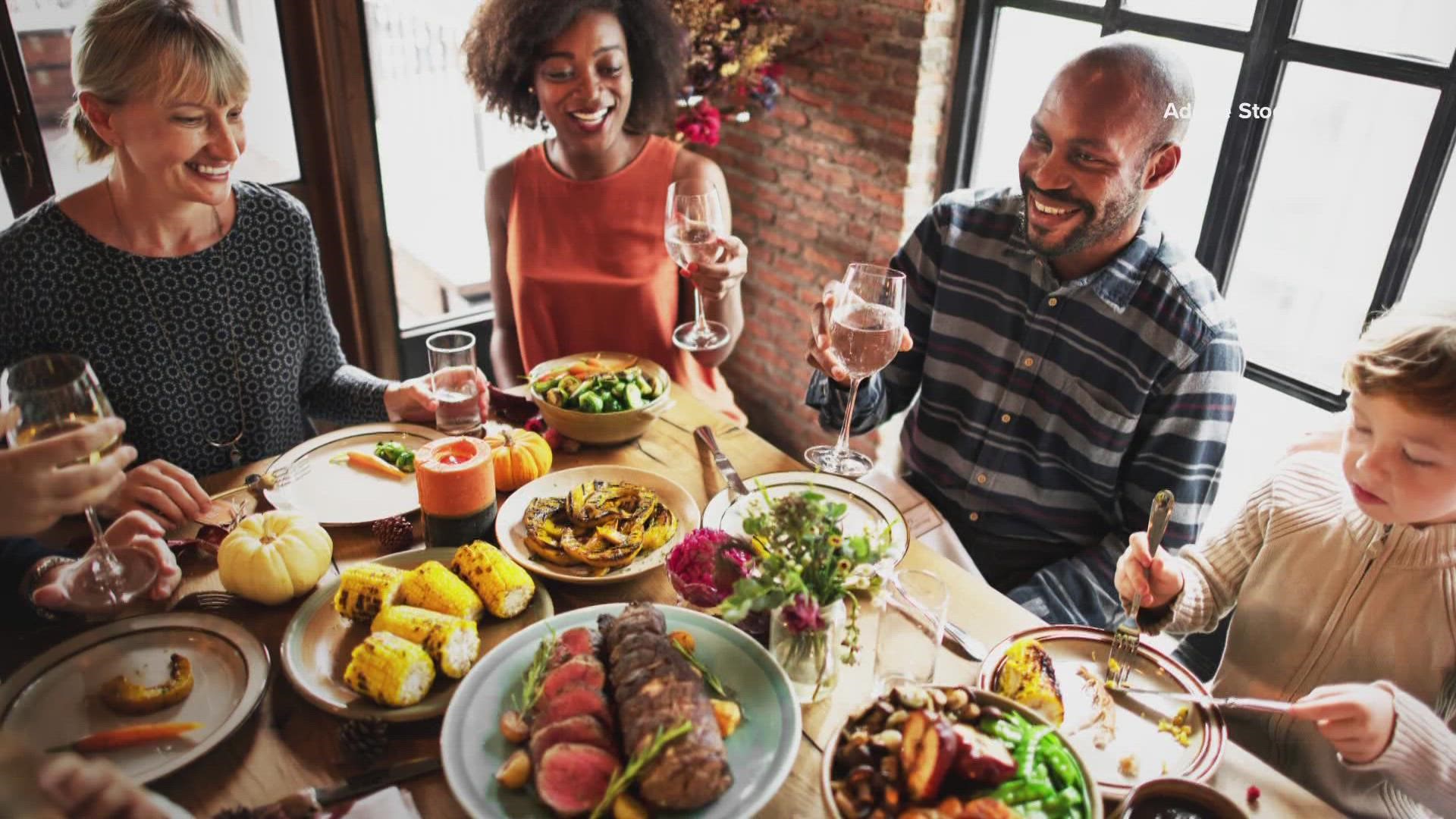PORTLAND, Maine — Thanksgiving is a day of indulgence with stuffing, mashed potatoes, and pie. But over the past two years, many of us have been indulging a little too much already, working through the stress of a pandemic.
Dr. Franchell Hamilton, founder of NeuroSwitch Weight Loss, has researched the neuroscience behind emotional eating. She explains that the reason our brain craves unhealthy food when we're stressed isn't completely our fault, but we can adjust it.
"When babies start crying, one of the things that most parents do, especially grandparents, is to give them a bottle. This overtime, believe it or not, in the brain forms these connections that, 'Oh, if I’m upset or distressed about something I should eat,'" Dr. Hamilton explained. "Then that carries on into little kids. Every time they do something, 'Oh, good job, Johnny. I’m gonna give you a chocolate bar or Cheetos,' and so that’s how—for half of the population—these emotional eating connections started. It’s a pathway in the brain, like a pleasure pathway, a reward pathway."
Knowing the reward pathway exists in your brain: Can you retrain it? Dr. Hamilton said yes.
"We found out that the brain is neuroplastic, meaning it can change, it can form. So I always teach people who struggle with emotional eating that they need to have a toolbox or a treasure box, so to speak, of different things that they enjoy doing, that make them happy, that they can almost go and choose from whenever they’re in stress or fatigue and it not be food," Hamilton said.
For kids, maybe that looks like a little extra screen time as a reward, or time at the park. For adults, that reward could be a hot bath, some exercise, or a shopping trip.
Now that you understand the pathways in your brain, what should you be looking for as signs you're just eating because you're upset?
"If you have a strong craving to eat something that’s not necessarily healthy—because believe it or not, when you’re under stress, cortisol is released, and it wants to go to junk food—that’s a protective mechanism that happens in the brain," Hamilton said. "People who have these strong cravings in the brain you need to think, 'OK, what just happened? Was I stressed? Was I fatigued? Is that why I'm eating, or do I truly have hunger?'"
As we head into the holidays, which can trigger stress in a lot of people, it's important to plan ahead, even plan to indulge.
"Accept the fact that you decided that you’re going to indulge that day and then the next day, just get right back in your normal routine."
Finally, Hamilton said it's important not to feel guilty if you do indulge.
"If you stress about it, you’re almost prone to do more and eat more than if you just kind of not think about it and plan that that’s what you’re gonna do that day."

